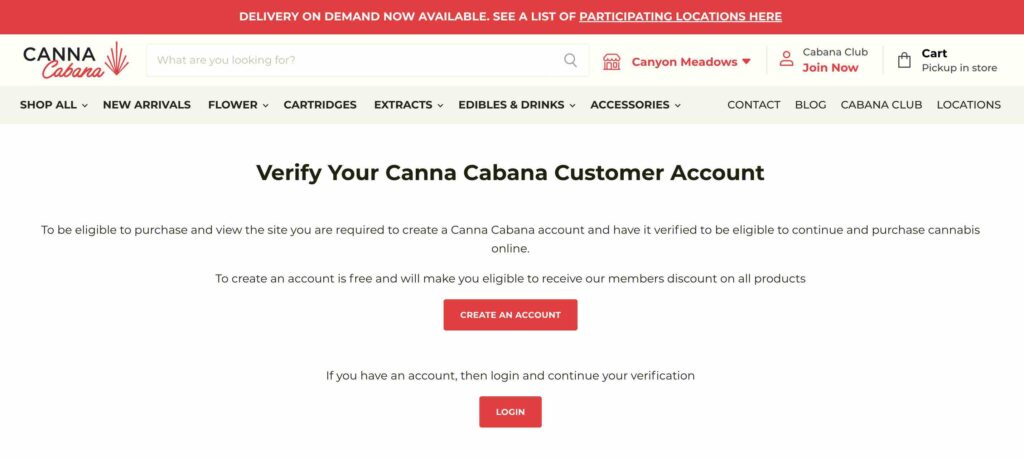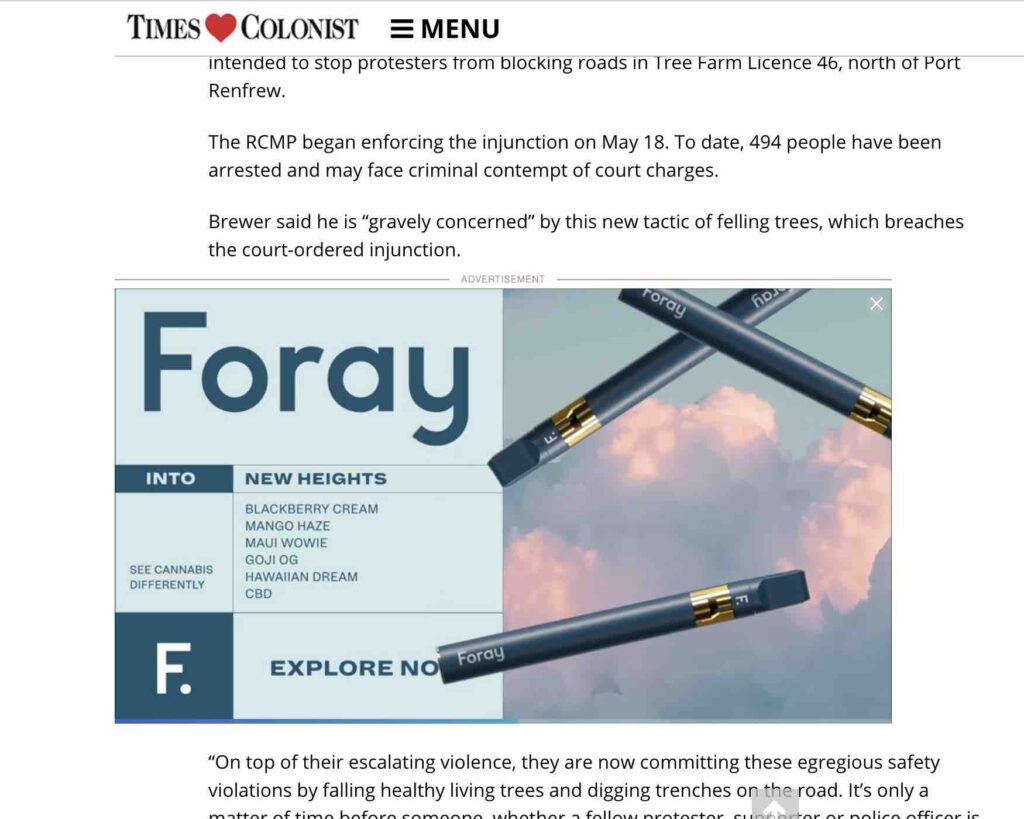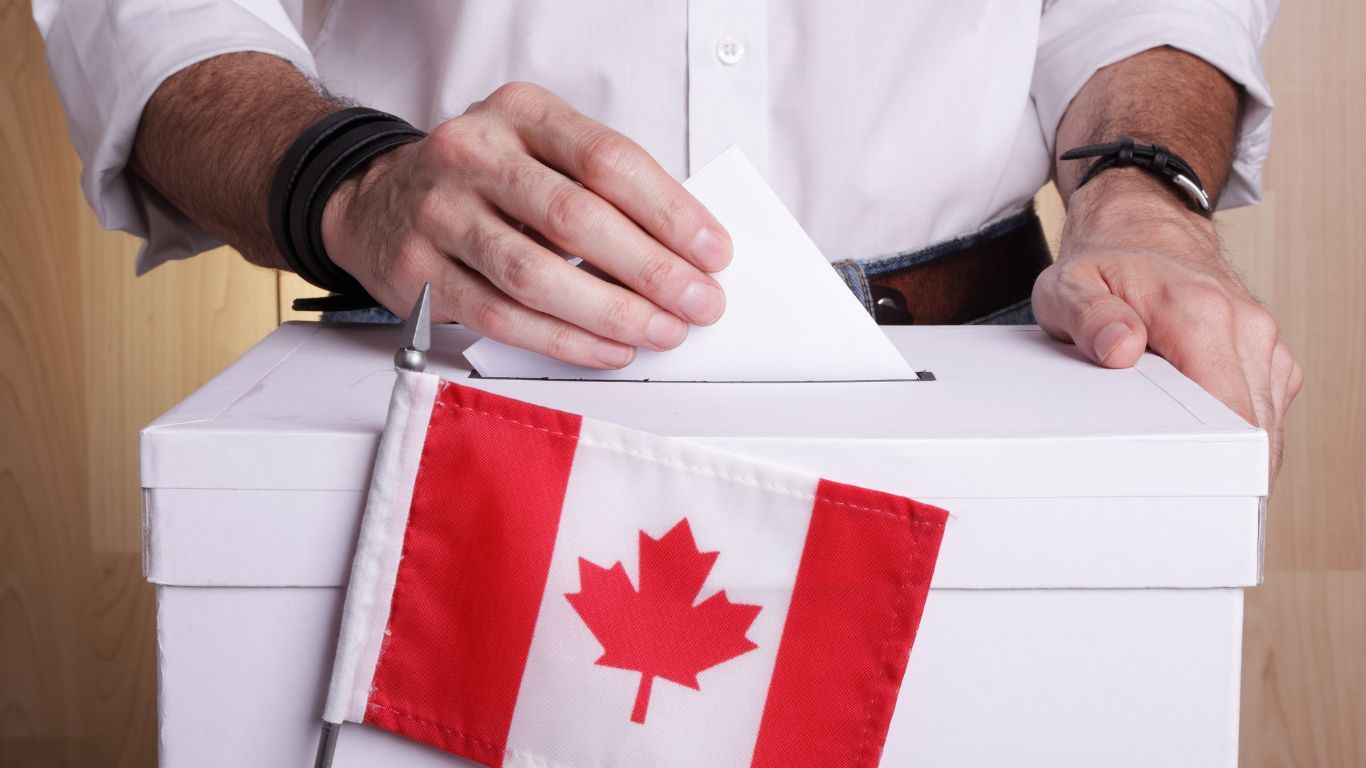
Cannabis producers and retailers are familiar with the Cannabis Act and Health Canada’s national standards for products, packaging, and labelling, including age restrictions and prohibitions on promotion.
However, when it comes to specific enforcement of promotional marketing and age-gating, it is often the provincial regulators who take centre stage. These regulators often operate under provincial legislation that is designed to align with federal law.
“Provinces and territories are responsible for determining the rules regarding distribution, sale and consumption of cannabis in their jurisdiction, and in some cases, may have additional restrictions around promotion,” says Anna Maddison, Senior Media Relations Advisor at Health Canada and the Public Health Agency of Canada. “As well, municipalities are responsible for enforcing their bylaws.”
One side effect of leaving enforcement to the provinces is that, from a national perspective, the application of the rules can be uneven. In the example of Alberta, the government came down hard on growers and retailers in the first two years after legalization, issuing more than $90,000 in fines for cannabis violations, though that pace seems to have eased some.
We age-gate with an extra employee out front, but with other stores, sometimes security companies are hired or you can just walk in – it really depends on the store.
Brandon Hartmann, Circa 1818
“We publicly post any infractions of legislation or policy, though a complaint may not necessarily translate into an infraction,” says Karin Campbell, the Alberta Gaming, Liquor and Cannabis Commission’s (AGLC’s) communications manager. “For 2022, AGLC issued two decisions on infractions related to cannabis advertising and promotion.”
Specifically, Spirit Leaf and Fire & Flower were both fined $10,000. In the case of Fire & Flower, the AGLC responded to a complaint regarding an Instagram post that purported to show a package of Chuz Edible Cannabis Gummies and Caramels being opened, information about a holiday campaign, and reference to gift guides. The Instagram post stated that the gift guides offered selections for “all the different people in your life.”
Usually, the response by provinces across Canada is complaints-based. Specific to retail, however, if the infractions are minor, then authorities often give the stores an opportunity to correct their ways before action is taken.
This is the case in BC, where the government has been conciliatory.
“We have taken enforcement action in one instance where voluntary compliance with a cannabis retail store was not achieved through other strategies,” says Chris Donnelly, a spokesperson with BC’s Ministry of Public Safety and Solicitor General. “The most common promotions-related issue we note is with respect to online marketing and product visibility by retail licensees.”
Seeking forgiveness, not permission
Though a softball approach by governments at all levels might seem reasonable, it has put a bad taste in the mouths of some companies that have followed the letter of the law.
“The biggest source of frustration that I have felt from clients has been, ‘You’ve advised me on what I can’t do, but my competitors are going ahead and doing it anyway’,” says Chad Finkelstein, a partner and registered trademark agent at Dale & Lessmann LLP in Toronto. “As it stands, just because you see someone doing it, doesn’t mean it is legal.”
Finkelstein also notes that there has been some confusion around age-gating.
“Age-gating of websites can be challenging,” he says, “as there has been little guidance from Health Canada or provincial regulators as to what measures cannabis businesses must, at a minimum, have in place to demonstrate that minors are being blocked from access.”
They thank us for the legal advice, accept the risk, and decide to be more liberal in how they promote their brand.
Chad Finkelstein, Dale & Lessmann LLP
Things can get confusing when ordering online. In Alberta, for example, online ordering requires an identity-based age check, which necessitates creating a profile and uploading ID. A person’s identity is then verified again upon pickup. For its part, the AGLC is sticking to its guns, despite complaints that such restrictions hinder sales, and discriminate against smaller, independent operators without deep pockets.
“AGLC inspectors regularly review cannabis licensees to ensure their premises meet all legislated and policy requirements—this includes on-site as well as online sales,” says Campbell from the AGLC. “Additionally, AGLC investigates any complaints brought forward against a licensee regarding potential violations.”
Other provinces, including Ontario, don’t require a customer to upload identification. Instead, they proceed with a simple online age declaration, with the customer’s identity verified at the time of pick up or delivery.

For foot traffic in Ontario, as elsewhere in Canada, physical age-gating requires a staff member to sit at the entrance to a store, which is an added expense—assuming people are obeying the law.
“There is inconsistent age-gating at the store level,” says Brandon Hartmann of Circa 1818 in Cobourg, Ontario. “When there weren’t as many stores, and things weren’t as hyper-competitive, you could afford to have an employee sitting at the door, but now sometimes with only a single employee working, customers have to wait, which isn’t great for business. We age-gate with an extra employee out front, but with other stores, sometimes security companies are hired or you can just walk in—it really depends on the store.”
Hartmann says that he has seen billboards on highways, trucks with large video screens, and has also received mailers from cannabis companies promoting their loyalty programs.
“People are stepping over the line,” he says. “They get braver as they get away with it.”
Inducements have also been an issue. Earlier this year, Ontario’s enforcement agency, the Alcohol and Gaming Commission of Ontario (AGCO), updated its rules reaffirming that it had “always prohibited licensed cannabis retailers from accepting or requesting material inducements from licensed producers.”
Although the AGCO has inspectors, as with other provinces, their response is almost entirely complaints based. At times, government regulators also appear to be uncertain how to proceed, given that some industry players are bending the rules, including with regard to brand promotion.
“Some of our clients look at their competitors and see them going further than we thought could be allowed,” says Finkelstein from Dale & Lessmann. “They thank us for the legal advice, accept the risk, and decide to be more liberal in how they promote their brand.”
Finkelstein is not personally aware of any company that has lost its license, or been suspended, due to a lack of compliance with marketing regulations. Instead, he has seen warnings, with companies then falling back into compliance—something that was confirmed by the regulators contacted by StratCann.
“Our provincial enforcement takes an education-first approach,” confirms Donnelly from BC’s Ministry of Public Safety and Solicitor General. “This is followed by warnings and progressing to enforcement where appropriate.”
This cautious approach may be frustrating for the more conservative companies that are spending good money on legal advice, but it may also ultimately result in a better understanding of the law.

“I commend the provincial regulators for their collaborative approach,” says Finkelstein. “We are seeing all sorts of creative ways to work within—and around—the regulations. No one could have predicted this.”
Provincial regulators also have to think on their feet, which was seen when the AGLC responded to a rash of robberies by allowing cannabis products and accessories to be visible from a store’s exterior. To date, other jurisdictions still require window coverings.
Meanwhile, it is the public—or perhaps the competition, angry at unfair practices—that is keeping the regulators on their toes.
“We have received complaints and taken enforcement action against cannabis retail store licensees for the issue of promotions or how a licensee markets their product to the public,” says Donnelly from BC. “The most common promotions-related issue we note is with respect to online marketing and product visibility by retail licensees.”
Featured image of Dank Cannabis in Calgary, Alberta, via Google Maps











